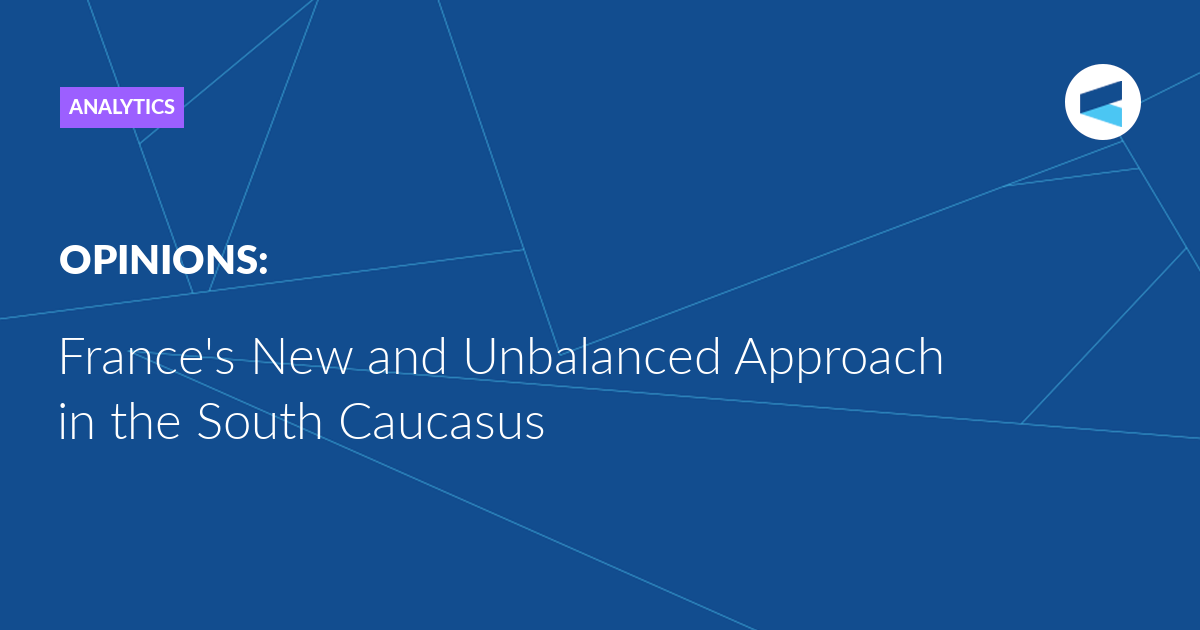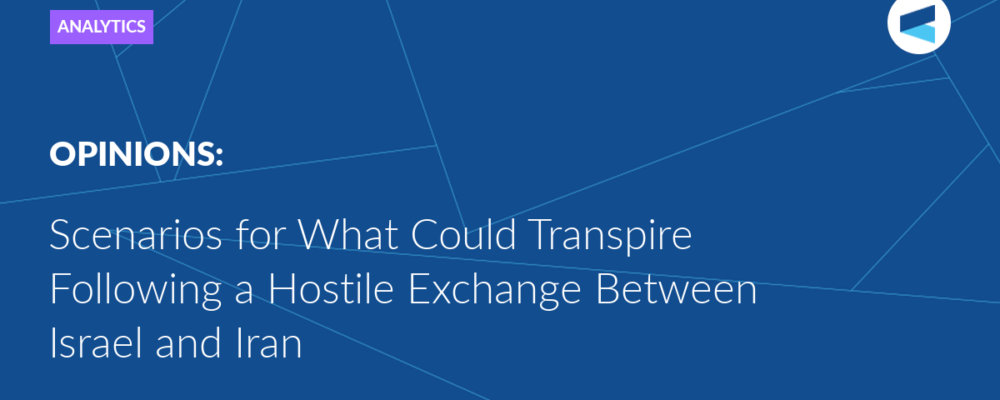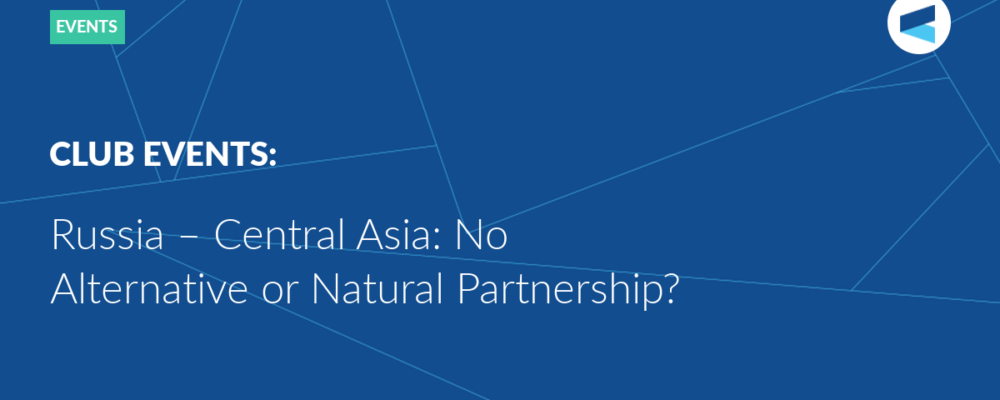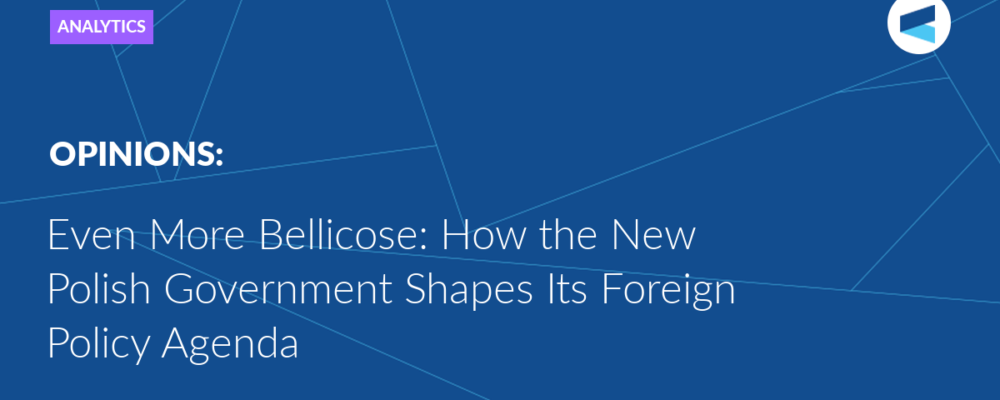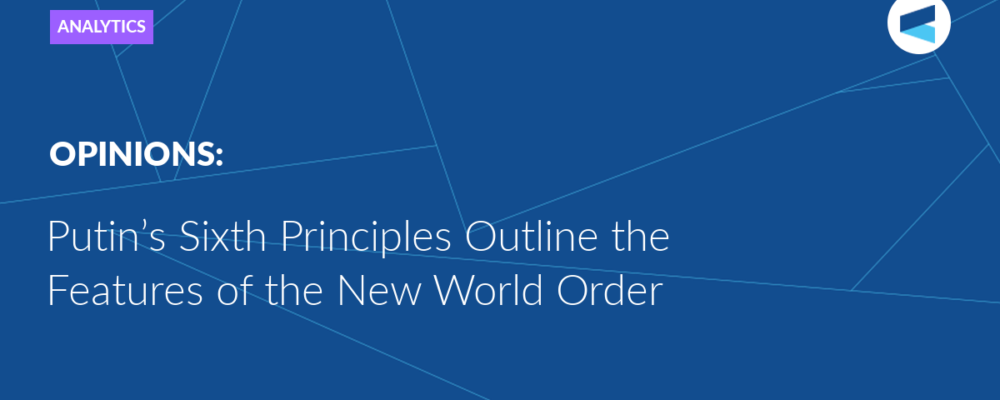If Armenia wants to take steps to reduce its military and defence obligations to Russia by withdrawing from the CSTO, France has a difficult road ahead filling the military and defence vacuum there, writes Valdai Club expert Vali Kaleji.
In his article, Dr. Vali Kaleji, a Tehran-based expert on Central Asia and Caucasian Studies, postulates that Nikol Pashinyan’s rise to power in Armenia in May 2018, the decline of relations between Armenia and Russia, the Second Karabakh War, and the escalation of tension and conflict between France and Turkey as well as between France and Azerbaijan are the main factors that have pushed France towards a new and unbalanced approach in the South Caucasus. In this regard, the increasing growth of defence and military relations between Armenia and France is another sign of the reduction of cooperation and commitments between Armenia and the Russian Federation and the Collective Security Treaty Organisation (CSTO).
Indeed, the development of Armenian defence and military relations with France, Greece and India have stimulated the Republic of Azerbaijan to strengthen defence and military relations with Turkey, Israel and Pakistan. This development has exacerbated differences and tensions between Baku and Paris as well. France’s new approach differs from its once relatively balanced approach to the South Caucasus, especially with regards to the conflict between Armenia and Azerbaijan. However, if Armenia wants to take steps to reduce military and defence ties with Russia by withdrawing from the CSTO, France will have a difficult road ahead filling the military and defence vacuum. There is no doubt that Turkey, as a member of NATO, will not agree to support this pact, given the new role and approach of France. On the other hand, the dependence of Italy and Eastern Europe on Azerbaijan’s gas and its transit through the Middle Corridor will also reduce – at least obviously – France’s ability to play an effective military and defence role in Armenia. In the meantime, perhaps India, Greece and the United States can help Armenia and assist France, to some extent, in making good on its new approach to the South Caucasus.
France has historically been a major external player in the South Caucasus. The role of the Paris Peace Conference in 1919 after the end of the First World War was a turning point in the influence of France in the equations of the region, when the three independent republics of Armenia, Azerbaijan and Georgia (1918-1921) were established for the first time. After the collapse of the Soviet Union, France was placed in a completely different position from other European countries in the process of development in the Caucasus region. France was the only European country that was a member of the Minsk Group (France, Russia and the United States) affiliated with the Organisation for Security and Cooperation in Europe (OSCE) in the Karabakh peace negotiations process. This position allowed France, unlike other European powers such as Britain and Germany, to play an important and direct role in this grave conflict in the South Caucasus for three decades.
France also played an important role in the August 2008 ceasefire in Georgia and Nicolas Sarkozy, the then-president of France, personally negotiated a ceasefire agreement on August 12, 2008 that led to the end of the war in Abkhazia and South Ossetia. In addition, France has been instrumental in supporting Georgia’s engagement with Euro-Atlantic structures, including NATO and the European Union. Furthermore, Georgian President Salomé Nino Zourabichvili was born in Paris on March 18, 1952 and was raised within the Georgian community in France, which had settled between Paris and Leuville-sur-Orge following the 1921 fall of the Democratic Republic of Georgia.
On the other hand, relations between France and Azerbaijan have also developed significantly. Prior to the Second Karabakh War in 2020, both sides demonstrated active and mutually beneficial cooperation. French companies invested $2.2bn in Azerbaijan’s economy between 1995 and 2019, of which $2bn was directed to the oil sector and $194.1mn to other sectors. On the flip side, Azerbaijan invested $2.6bn in the French economy.
The result of these developments was that France maintained a relatively balanced approach in the South Caucasus. A clear example of this approach was Nicolas Sarkozy’s visit to the states of Armenia, Azerbaijan and Georgia in October 2011. However, this relatively balanced approach has gradually changed in recent years and French foreign policy in the South Caucasus has shifted significantly towards Armenia. Nikol Pashinyan’s rise to power in Armenia in May 2018, the decline of relations between Armenia and Russia, the Second Karabakh War, and the escalation of tension and conflict between France and Turkey, as well as between France and Azerbaijan, are key factors that pushed France towards a new and unbalanced approach in the South Caucasus.
It should not be forgotten that France is home to around 650,000 Armenians, the largest Armenian diaspora community in Europe and the third-largest such community in the world after Russia and the United States. Traditional Armenian parties, especially the Armenian Revolutionary Federation (Dashnaksution) and Armenian lobbies and associations have a great deal of influence in the political, social and media structure of France. Édouard Balladur, a prominent French right-wing politician who was prime minister of the country between 1993-1995, Patrick Devedjian, a politician and Senior member of the Union for a Popular Movement, and French Interior Minister Gérald Darmanin (2020 to present) are prominent Armenian figures in French politics. Therefore, it is not surprising that France was among the first European countries to recognise the massacre of Armenians as “genocide” on May 28, 1998, and 2006 was declared the “Year of Armenia” in France. The self-proclaimed Republic of Nagorno-Karabakh, which Armenians called the Republic of Artsakh, had a Permanent Representation in Paris. Nevertheless, the three ruling governments of Armenia, including those of Levon Ter-Petrosyan, Robert Kocharian and Serge Sargsian, had close, strategic relations with the Russian Federation, which prevented Armenia from significantly developing its relations with France and other Western powers.
However, after Nikol Pashinyan came to power in May 2018, when the approach of reducing relations with Russia and developing relations with the West was put on the agenda, relations between Paris and Yerevan entered a new phase. Subsequently, the almost-balanced approach of France in the South Caucasus gradually changed. French President Emmanuel Macron visited Armenia and participated in the 17th meeting of Francophone countries (International Organization of La Francophonie) in Armenia in October 2018. Indeed, France supported Armenia’s participation in the Comprehensive and Enhanced Partnership Agreement (CEPA) with the European Union and a significant role for Armenia in its relations with Europe. This partnership between the two countries aims to deepen the political dialogue between Armenia and the EU in the fields of human rights, democracy and law.
In the meantime, the escalation of tension in the Eastern Mediterranean between France and Turkey, as well as France’s support for Cyprus and Greece prompted Armenia and Azerbaijan to support their traditional allies. The Second Karabakh War (Sep 27, 2020 – Nov 10, 2020) saw these differences over this alignment peak. Turkey’s obvious political and military support for Azerbaijan and France’s support for Armenia intensified the confrontation. French President Emmanuel Macron defended Armenia in the conflicts in Karabakh and supported international efforts to achieve a ceasefire. For this reason, Seymur Mammadov in Baku believes “following the 44-day conflict between Azerbaijan and Armenia, France’s relatively balanced position in relations to the region shifted dramatically towards overt support of Armenia and worsened relations with Azerbaijan”.
Political tension between Paris and Baku continued amid the tense process between Armenians and Azeris in the Lachin Corridor to Nagorno-Karabakh from the fall of 2022 to the summer of 2023. In these circumstances, at the Meeting of the Non-Aligned Movement which was held in Baku on July 5, 2023, Azerbaijani President Ilham Aliyev accused France of being one of the countries which continue their neocolonial policy and urged French President Emmanuel Macron to apologise to the countries affected by French colonialism. “Apologies to the millions of people whom his (Emmanuel Macron’s) predecessors colonized, used as slaves, killed, tortured and humiliated.” Eventually, following the September 19-20 war in 2023, which led to the reassertion of Azerbaijani sovereignty over Nagorno-Karabakh after three decades, the relations between Armenia and France entered a new phase. France allocated humanitarian aid to Armenia amounting to €29mn and in December 2023, France announced an additional €15mn in emergency aid to support Armenians forced to leave Karabakh. Indeed, only two weeks after reassertion of the Republic of Azerbaijan’s sovereignty over Nagorno-Karabakh, on October 3, French Foreign Minister Catherine Colonna went to Armenia and announced that “France has given its agreement to the conclusion of future contracts with Armenia which will allow the delivery of military equipment to Armenia so that it can ensure its defence.”
In fact, Armenia, which was dissatisfied with the approach of Russia and the Collective Security Treaty Organisation (CSTO), moved closer to the West, especially France, Greece and India. In this regard, in October 2023, a deal was signed by the Armenian Defence Ministry and the French defence group Thales for the purchase of three cutting-edge GM-200 radar systems. The ceremony was attended by Lecornu and his Armenian counterpart Suren Papikian. Indeed, at that time, Sebastien Lecornu announced that France had decided to assist Armenia in strengthening its air defence capabilities by selling three radars and reaching an agreement to supply Mistral anti-air missiles in the future. Later, it was revealed that France would also arm Armenia with 50 armoured personnel carriers to bolster its ground forces. The carriers would provide Armenian armed forces with high-level protection and multi-mission capabilities. By December, the first 24 Bastion carriers, ostensibly heading for Armenia, were seen in the port of Poti, Georgia.
In order to follow up on previous agreements, French Defence Minister Sébastien Lecornu travelled to Yerevan on February 22, 2024 in light of reports that Armenia is finally set to take delivery of the military equipment that was promised by France last year. Lecornu emphasized on February 21 that French arms deliveries to Armenia were “purely defensive” while making an obvious allusion to the possibility of an attack by Azerbaijanis on Armenia when he told the French channel RTL that the nation was facing “major security challenges”. In the continuation of this process, Armenian Defence Minister Suren Papikyan met with French Defence Minister Sébastien Lecornu in Paris on June 18, 2024 and both sides reached new agreements on military-technical cooperation. T he increasing growth of defence and military relations between Armenia and France is another sign of the reduction of Armenian cooperation and commitments with the Russian Federation and the CSTO. During a meeting between Russian President Vladimir Putin and Armenian Prime Minister Nikol Pashinyan on the sidelines of the summit of the Eurasian Economic Union (EAEU) in Moscow on May 8, 2024, the Russian leader agreed to withdraw Russian forces and border guards from various parts of Armenia at Yerevan’s request. Indeed, in the middle of the political crisis in Armenia after the recent border agreements with Azerbaijan and on the eve of concluding a peace treaty with this country, Prime Minister Nikol Pashinyan said that Armenia will withdraw from the CSTO, a Russia-dominated security alliance comprised of several ex-Soviet nations. “We will leave (the CSTO), are you scaring me with this? Everything is fine with us; we will decide when we leave. What do you think is the next step, can we go back? Don’t worry,” Pashinyan said in response to a question by an opposition lawmaker in parliament. It seems that Armenia wants to use France to fill the vacuum left by Russia and the CSTO. Signing numerous defence and military contracts is actually a form of preparation and anticipation for Armenia, so that in the event of Armenia’s withdrawal from the CSTO and the withdrawal of Russian forces, Armenia can have a suitable and stable alternative.
On the other hand, Armenia’s development of defence and military relations with France, Greece and India has further stimulated Baku to strengthen defence and military relations with Turkey, Israel and Pakistan. For example, following agreement between Armenia and India in November 2023, and also France and Armenia in February 2024, Pakistan and Azerbaijan inked a deal worth $1.6 billion for Baku’s purchase of JF-17C Block-III warplanes. The deal indicates that Azerbaijan would buy eight such aircraft, equipped with air-to-surface missiles. This process clearly shows a new round of arms race in South Caucasus.
The development of defence and military relations between Armenia and France has significantly heightened tensions. In the continuation of the verbal dispute between the leaders of the two countries, France has accused Azerbaijan of supporting rioters against French rule in New Caledonia, a French territory in the South Pacific. It seems that compared to Italy, Germany and Eastern Europe, which are more dependent on Azerbaijani gas and its transit through the Middle Corridor, France has more freedom of action and manoeuvrability against Baku. However, a different viewpoint, expressed by Seymur Mammadov in Baku is that “Macron’s policies illustrate France’s aspiration to thwart Anglo-American efforts to normalising relations between Azerbaijan and Armenia, especially after Paris’ role in the region was downgraded in recent years. France is actively trying to prevent Armenia from moving from the sphere of Russian influence to the American one – and with some success.”
Overall, France has become an effective actor in the turbulent South Caucasus region. However, its new approach is no longer even-handed, especially in the conflict between Armenia and Azerbaijan. If Yerevan wants to take steps to reduce its military and defence ties to Russia by withdrawing from the CSTO, France has a difficult road ahead in filling the military and defence vacuum left by Moscow. There is no doubt that Turkey will begin to question its role in NATO, given France’s approach. The dependence of Italy and Eastern Europe on Azerbaijani gas will also reduce – at least obviously – France’s ability to play an effective military and defence role in Armenia. In the meantime, perhaps India, Greece and the United States can help Armenia and assist France, to some extent, in making good on its new approach to the South Caucasus.
The Valdai Discussion Club was established in 2004. It is named after Lake Valdai, which is located close to Veliky Novgorod, where the Club’s first meeting took place.
Please visit the firm link to site


